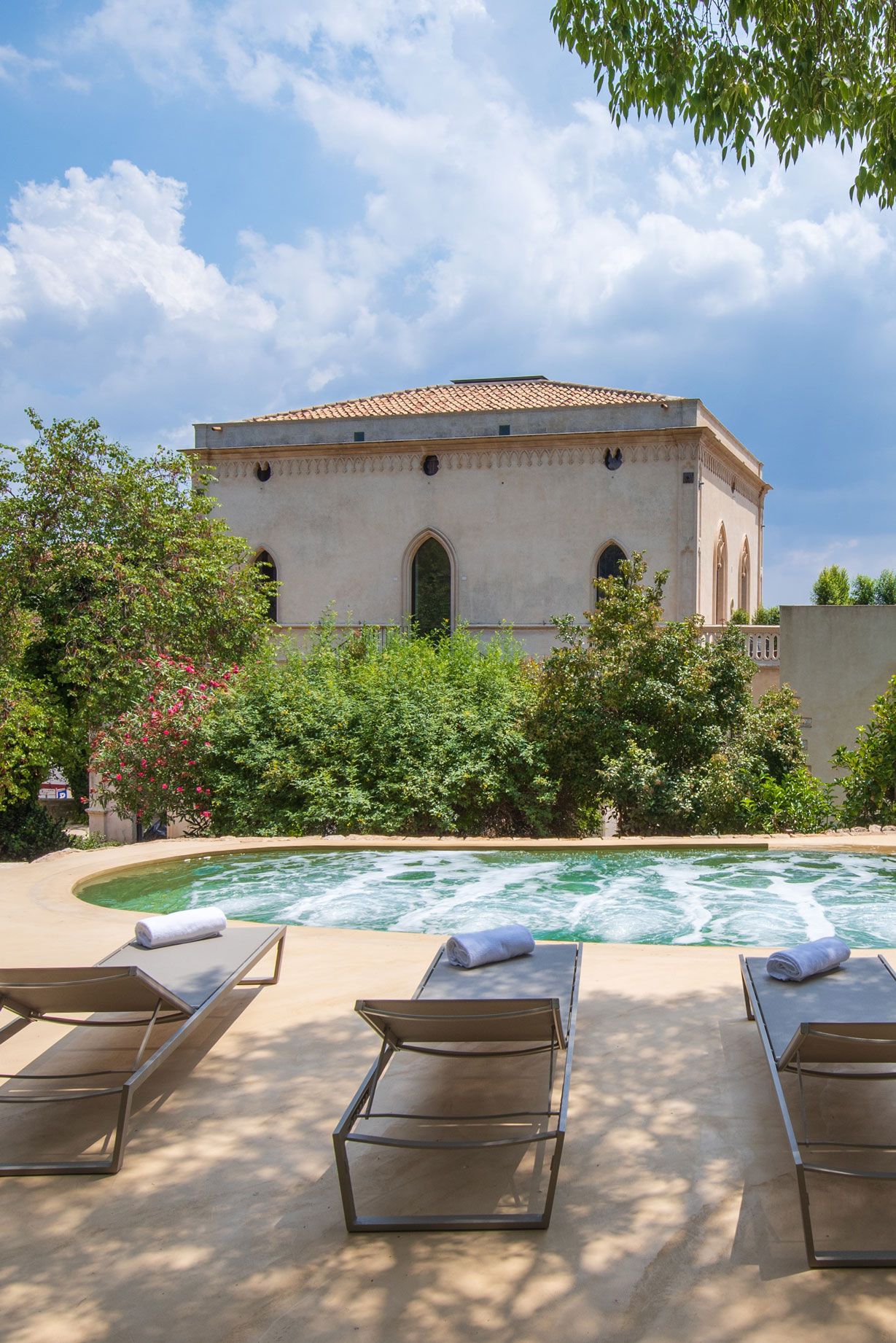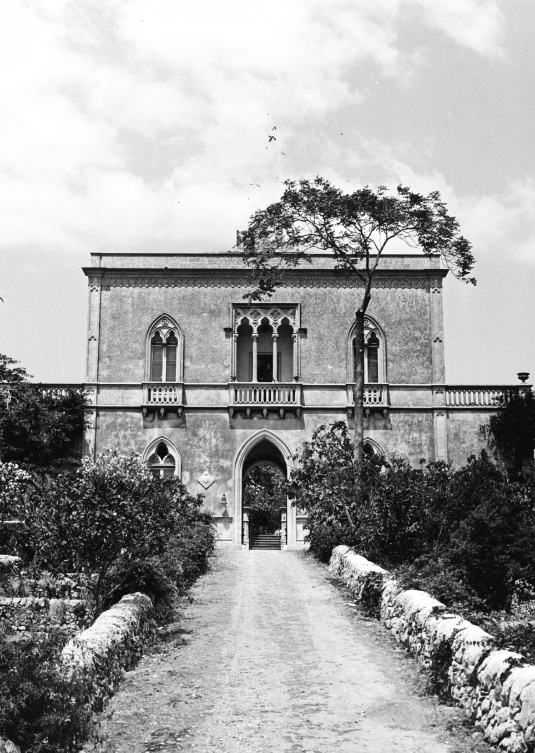Βιώσιμη Φιλοξενία: Αγκαλιάζοντας κιτ φιλοξενίας από ίνες καρύδας
Θέμα
Κυκλική οικονομία στις Τουριστικές Επιχειρήσεις, Πράσινη μετάβαση τουριστικών επιχειρήσεων και ΜΜΕΚατηγορία
ΥΠΗΡΕΣΙΕΣ ΔΙΑΜΟΝΗΣΧώρα
ΙταλίαΒέλτιστες Πρακτικές
Αντικατάσταση των συνηθισμένων σετ φιλοξενίας με βάση το πλαστικό με αυτά που κατασκευάζονται από ίνες καρύδας. Οι προκλήσεις που αντιμετωπίστηκαν κατά την εφαρμογή αυτής της καλής πρακτικής περιλάμβαναν την εξεύρεση αξιόπιστων προμηθευτών, τη διασφάλιση της ανθεκτικότητας και της ποιότητας των προϊόντων και την εκπαίδευση των επισκεπτών σχετικά με τα οφέλη της χρήσης βιώσιμων ανέσεων. Οι προκλήσεις αυτές ξεπεράστηκαν μέσω συνεργασιών με αξιόπιστους προμηθευτές, αυστηρών μέτρων ποιοτικού ελέγχου και αποτελεσματικής επικοινωνίας και προώθησης για την ευαισθητοποίηση των επισκεπτών.
Οργανισμός

Villa Boscarino
Το Villa Boscarino είναι ένα μπουτίκ ξενοδοχείο στη Ραγκούσα της Σικελίας. Ειδικεύεται στην παροχή υψηλής ποιότητας υπηρεσιών φιλοξενίας και διαμονής για επισκέπτες που επιθυμούν να απολαύσουν μια άνετη και ξεκούραστη διαμονή. Η βίλα, που χτίστηκε αρχικά τον 19ο αιώνα, έχει ανακαινιστεί επιδέξια για να διατηρήσει την ιστορική της ατμόσφαιρα και να προσφέρει στους επισκέπτες μια μοναδική εμπειρία. Το κατάλυμα διαθέτει δεκατέσσερα δωμάτια, μέσα σε έναν ευρύχωρο μεσογειακό κήπο, δημιουργώντας μια ειδυλλιακή ατμόσφαιρα στην καρδιά της πόλης. Η στρατηγική τοποθεσία του ξενοδοχείου το καθιστά ιδανικό για όσους επιθυμούν να εξερευνήσουν τη Ραγκούσα και τα γύρω αξιοθέατα.
Αντίκτυπος
Η υιοθέτηση κιτ ευγένειας από ίνες καρύδας είχε θετικό αντίκτυπο στον οργανισμό και στον τουριστικό τομέα. Έχει μειώσει σημαντικά τα πλαστικά απόβλητα που παράγονται από τα παραδοσιακά κιτ ανέσεων, ευθυγραμμίζοντας με τους στόχους βιωσιμότητας. Οι επισκέπτες εκτιμούν τη φιλική προς το περιβάλλον προσέγγιση, ενισχύοντας τη συνολική τους εμπειρία και προωθώντας μια θετική εικόνα της επωνυμίας για τον οργανισμό.
Βιωσιμότητα
Οι ίνες καρύδας είναι βιοδιασπώμενες και δεν συμβάλλουν στη ρύπανση του περιβάλλοντος. Αντικαθιστώντας τις ανέσεις που βασίζονται σε πλαστικό, η πρακτική μειώνει το αποτύπωμα άνθρακα του οργανισμού και προωθεί μια κυκλική οικονομία. Η συνεχής χρήση ινών καρύδας ως βιώσιμο υλικό διασφαλίζει ότι η πρακτική μπορεί να διατηρηθεί με την πάροδο του χρόνου, συμβάλλοντας στη συνολική βιωσιμότητα του ξενοδοχείου.


